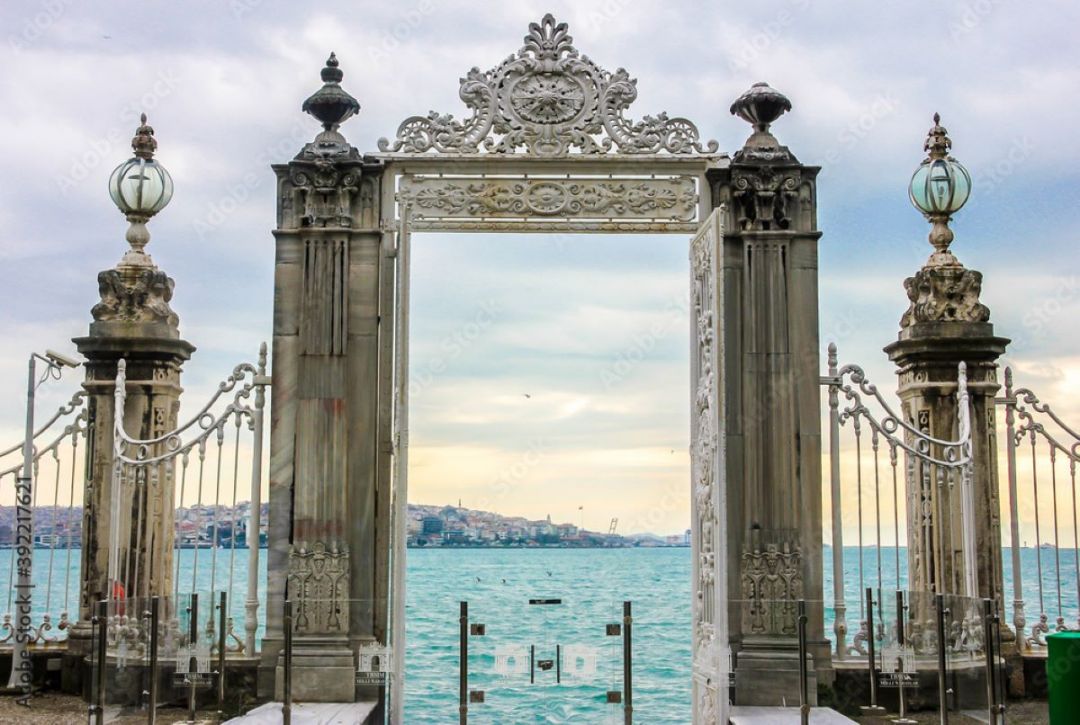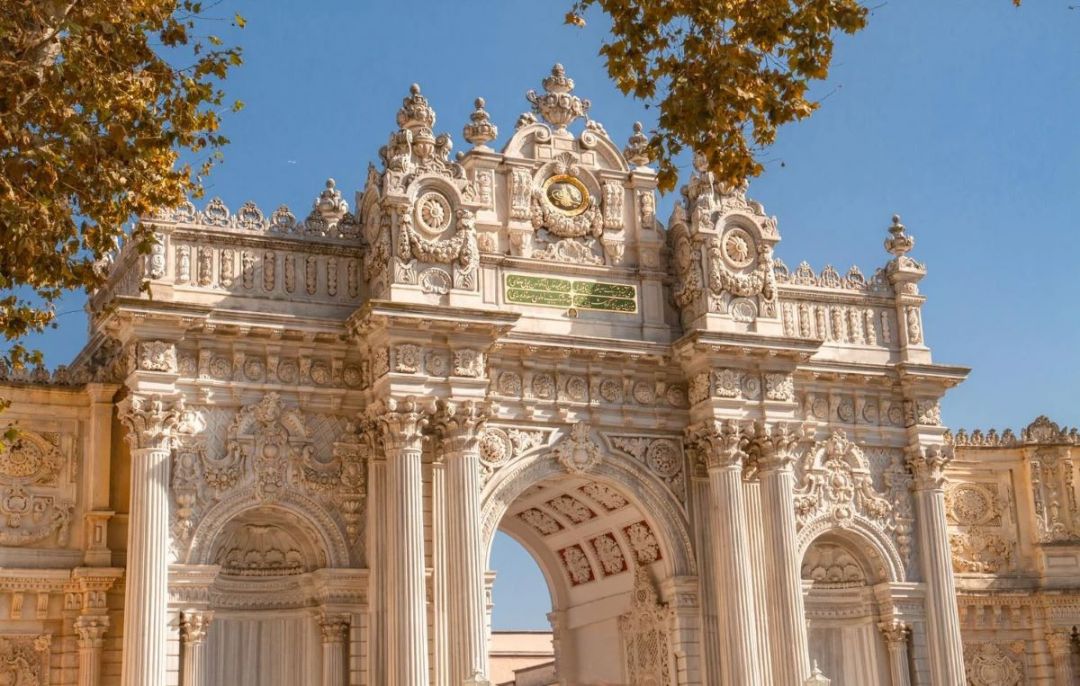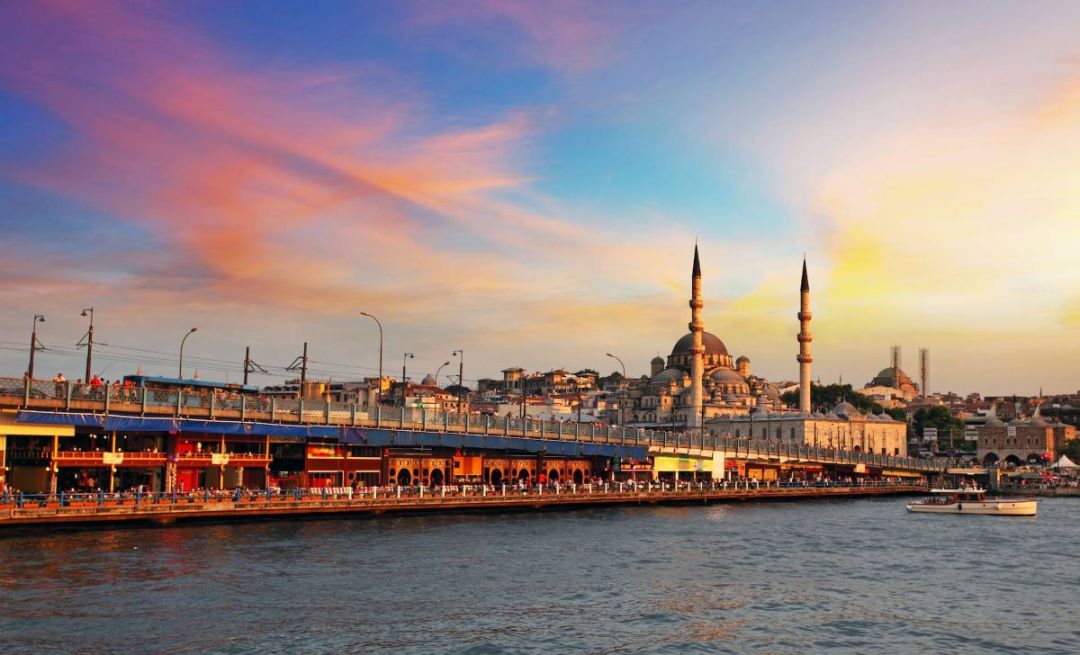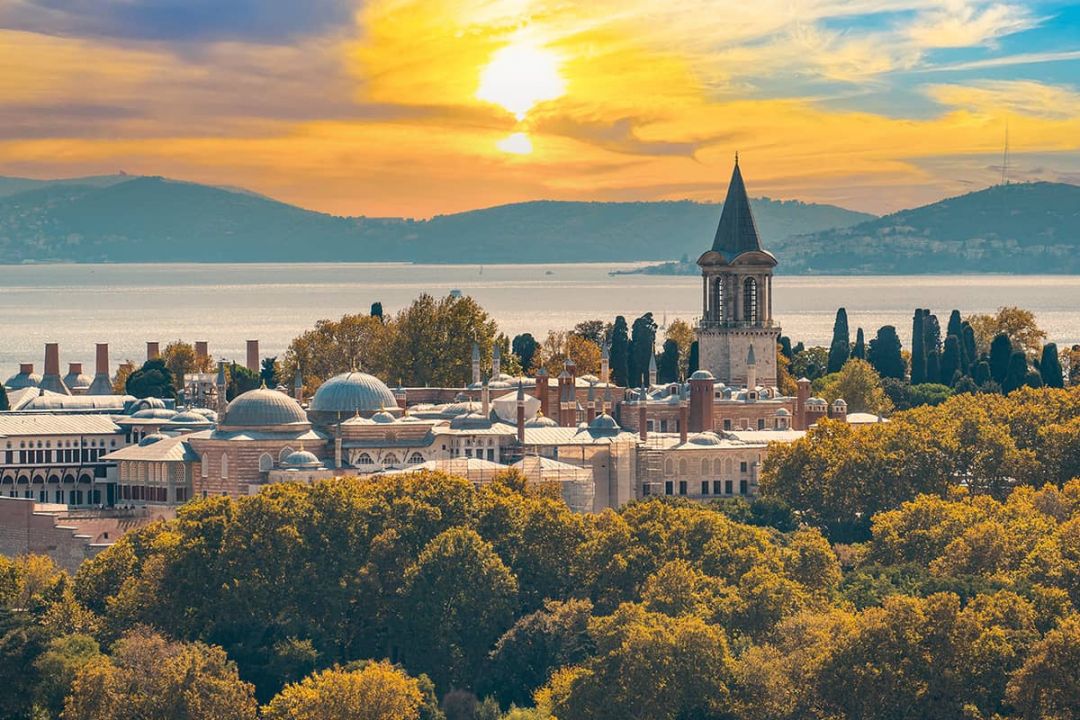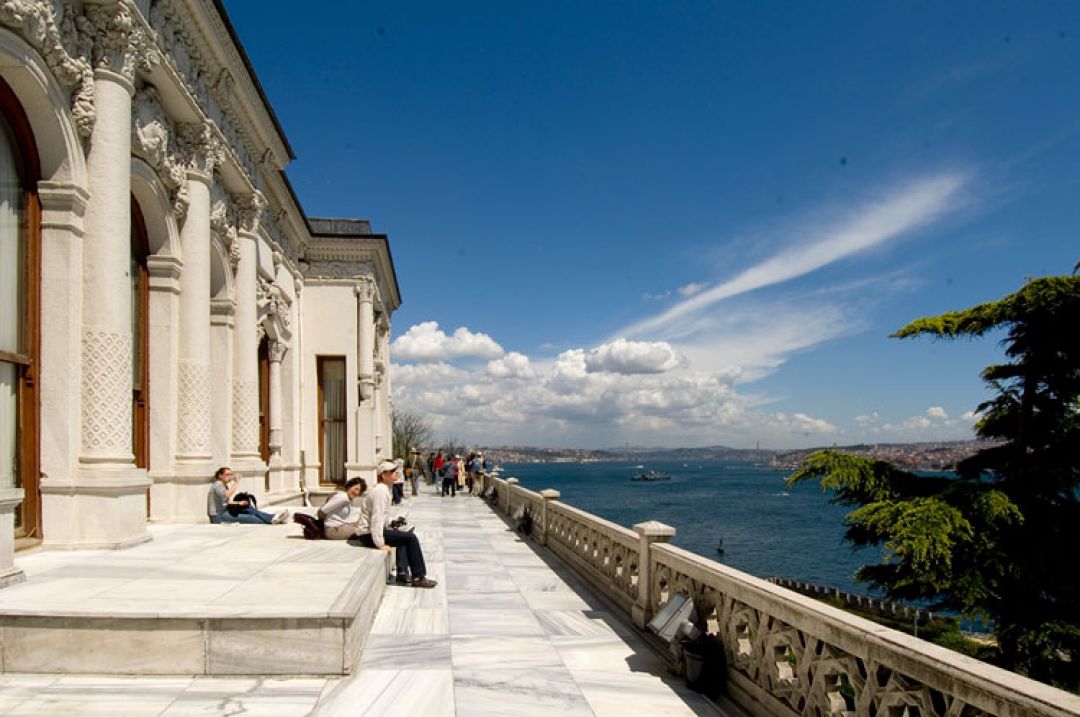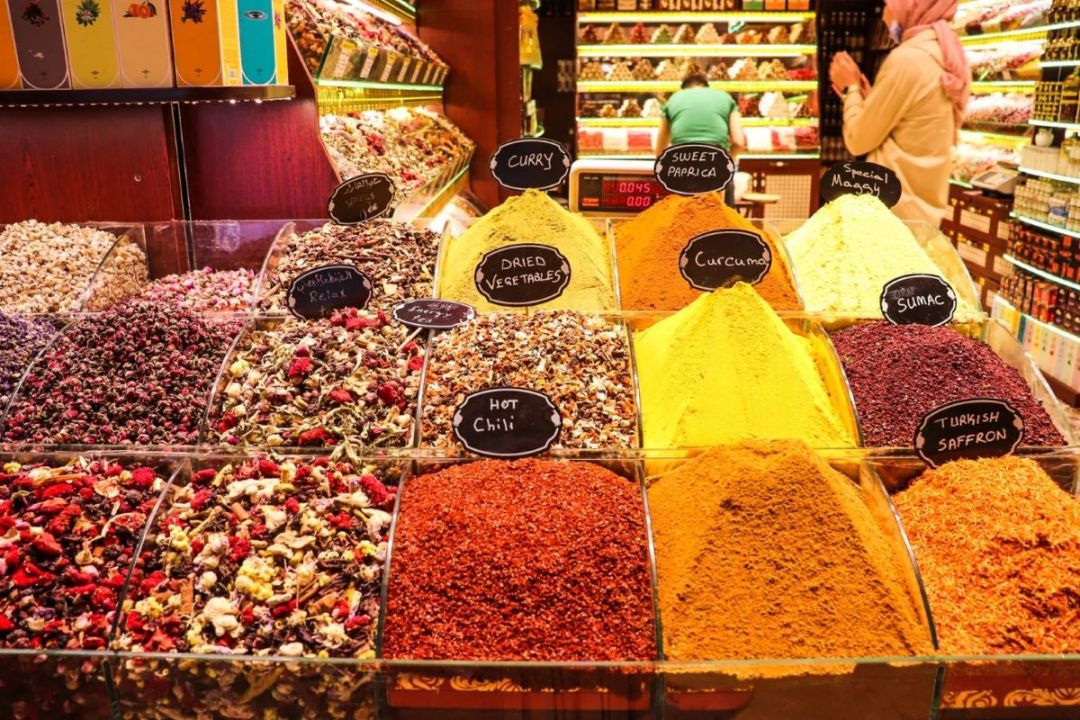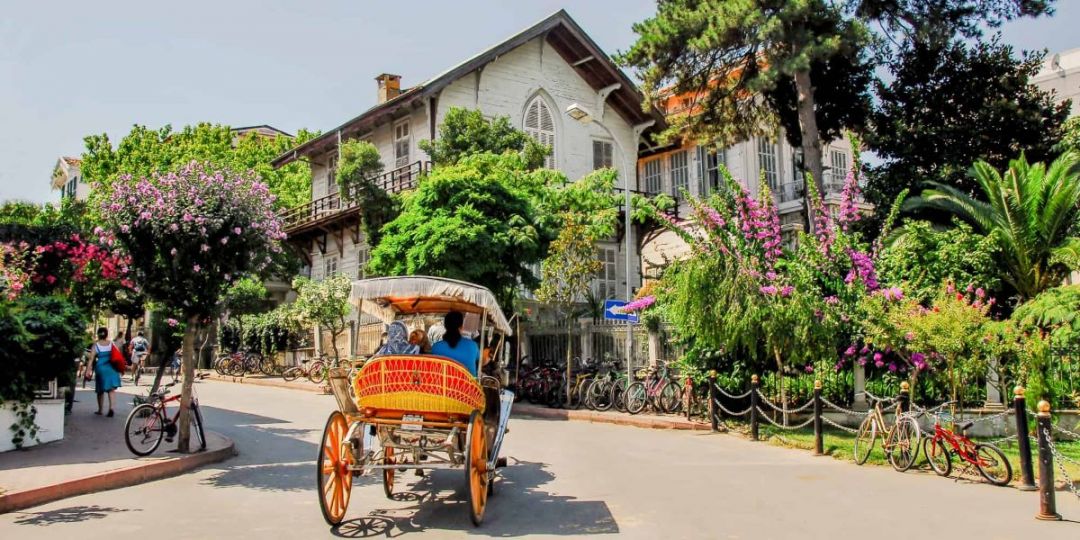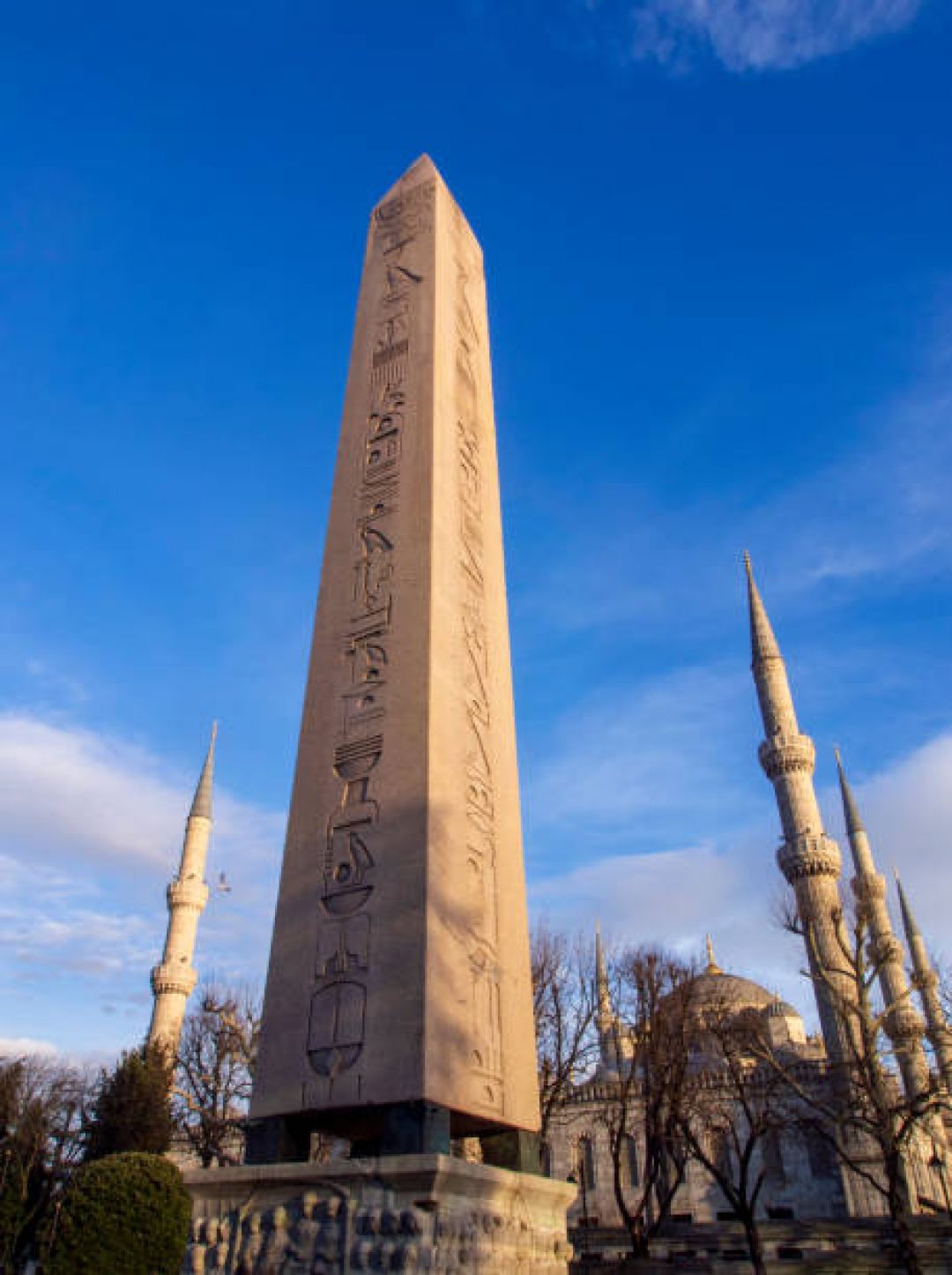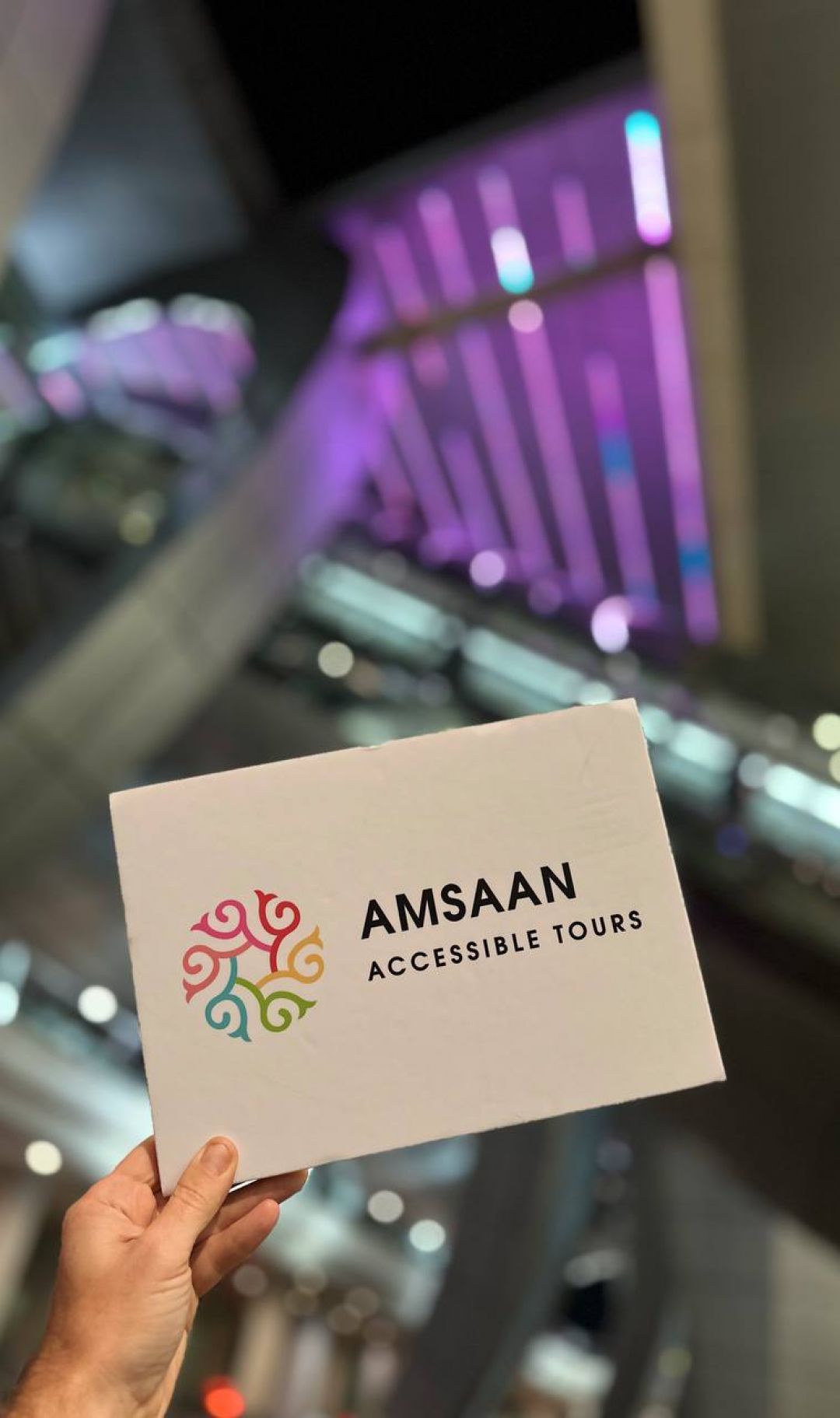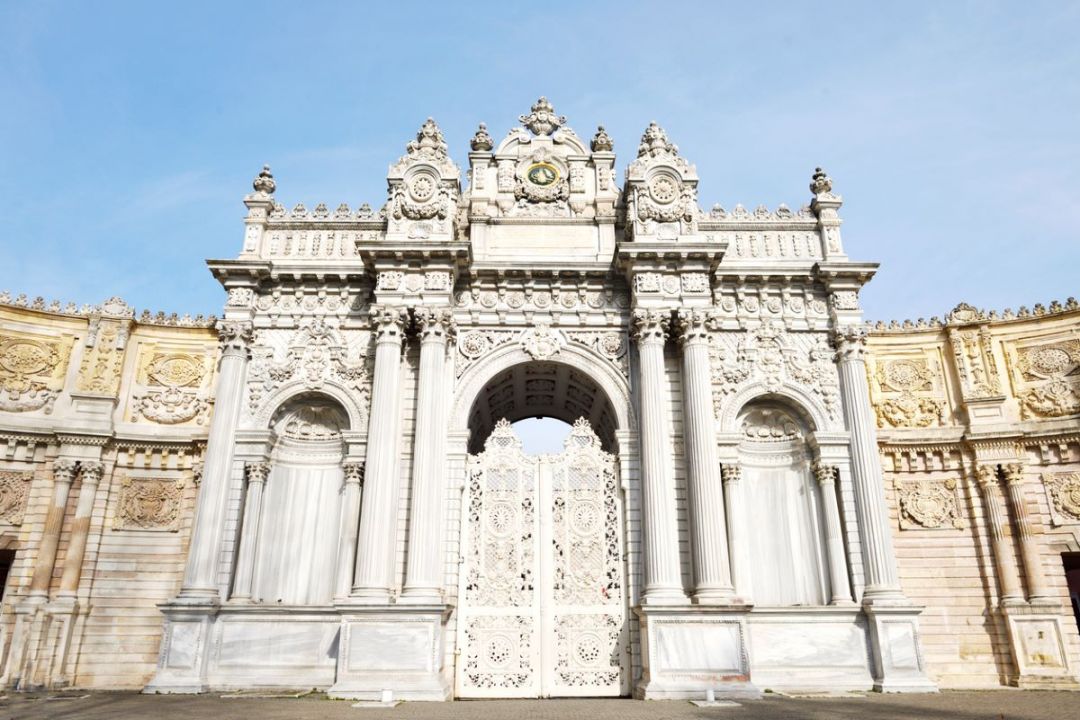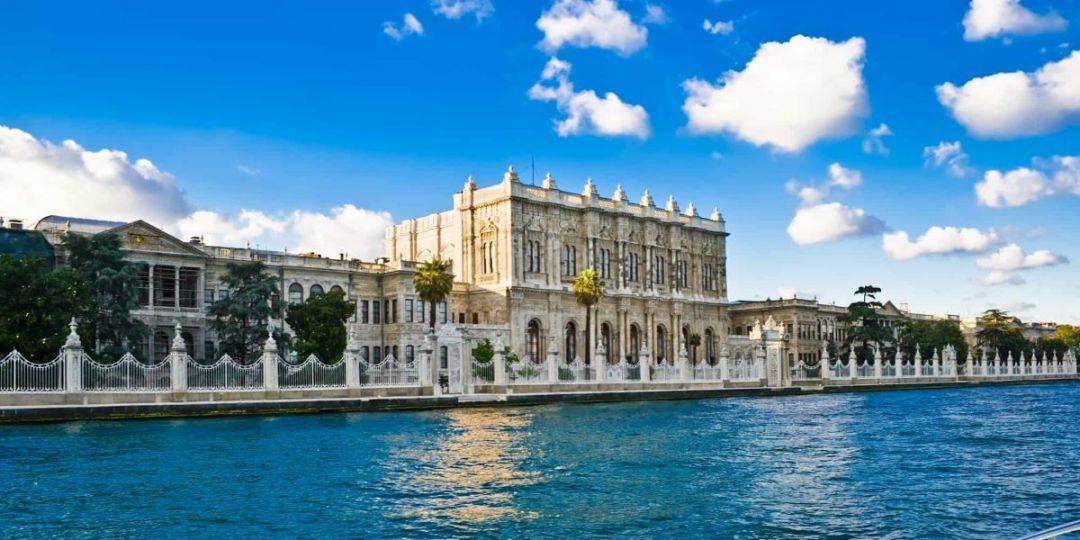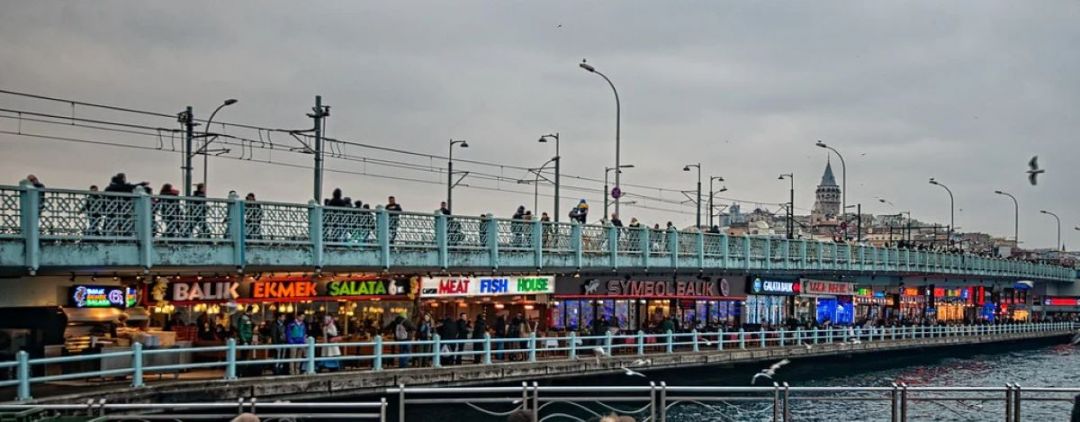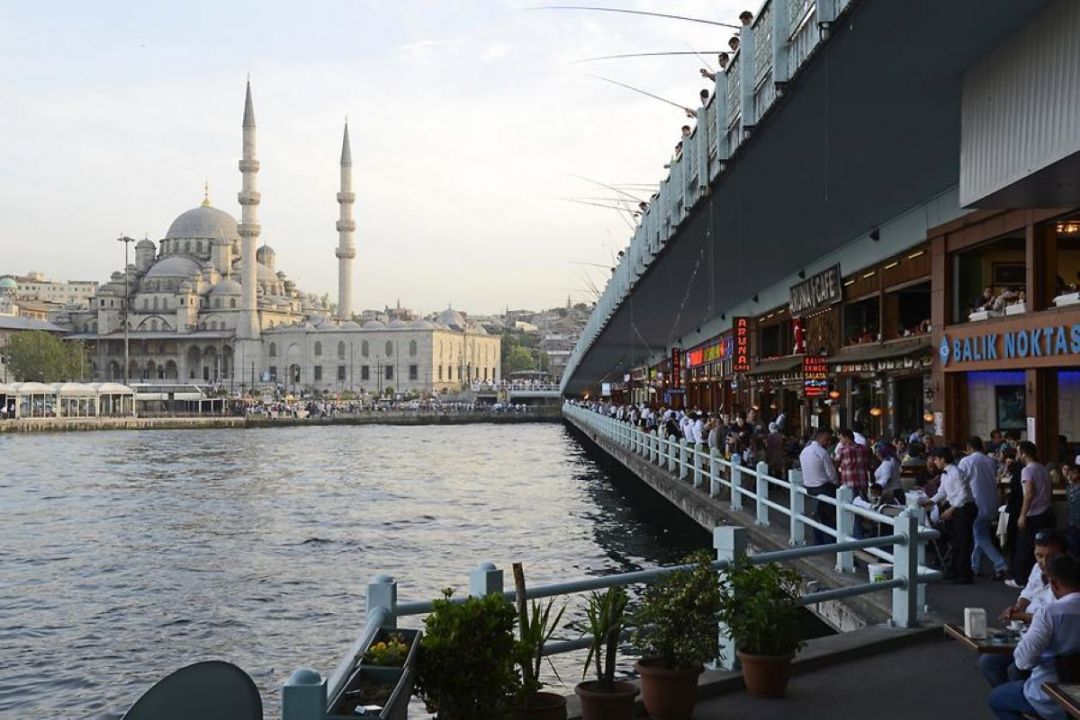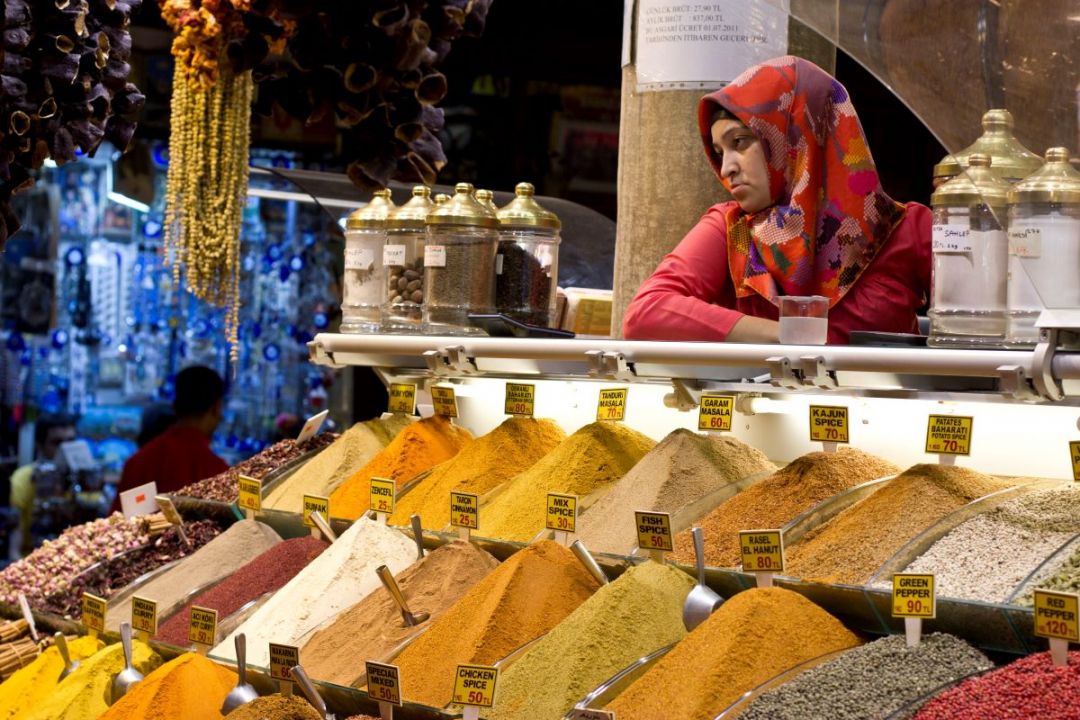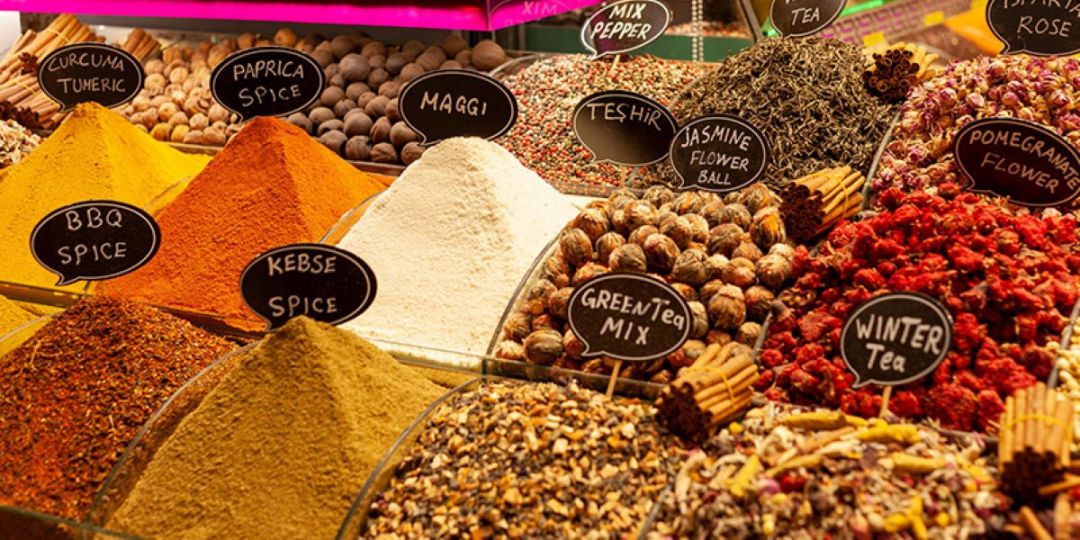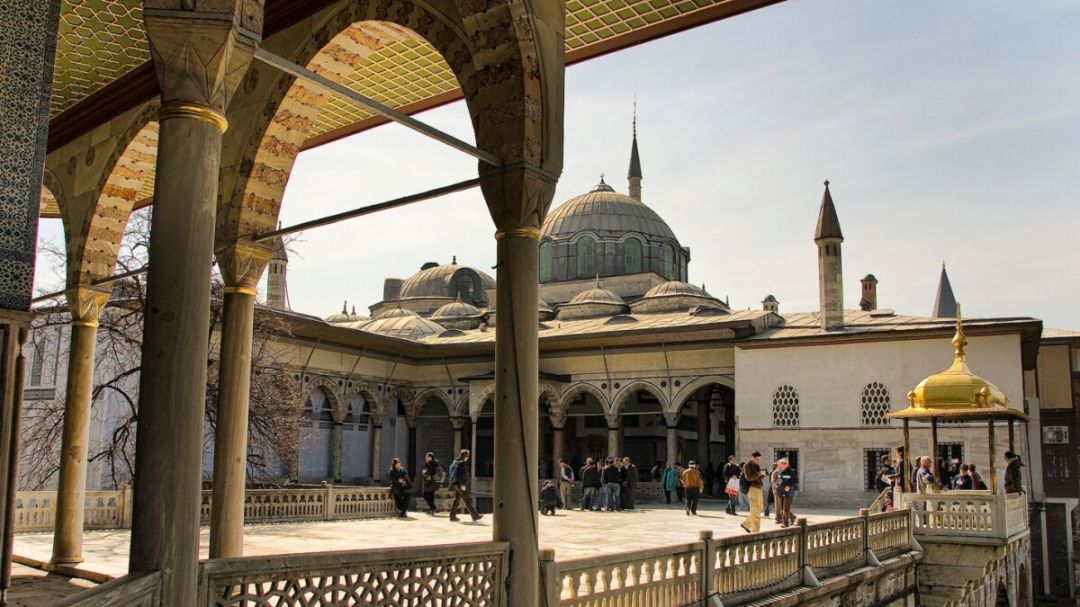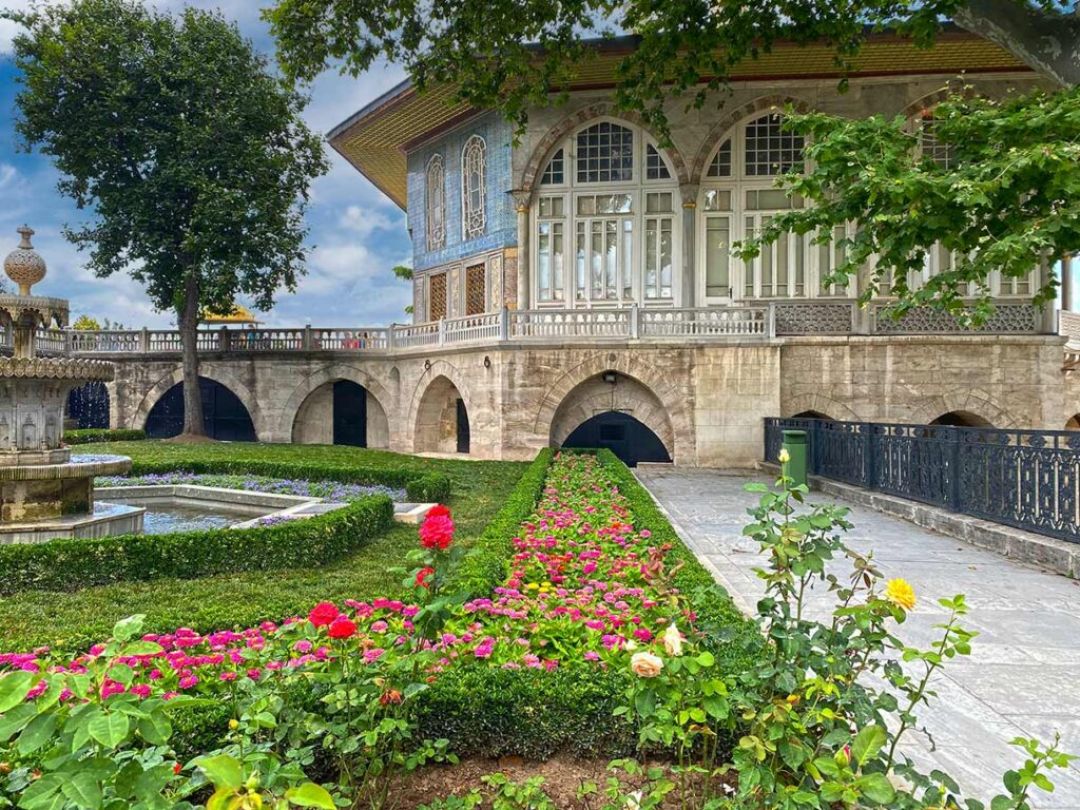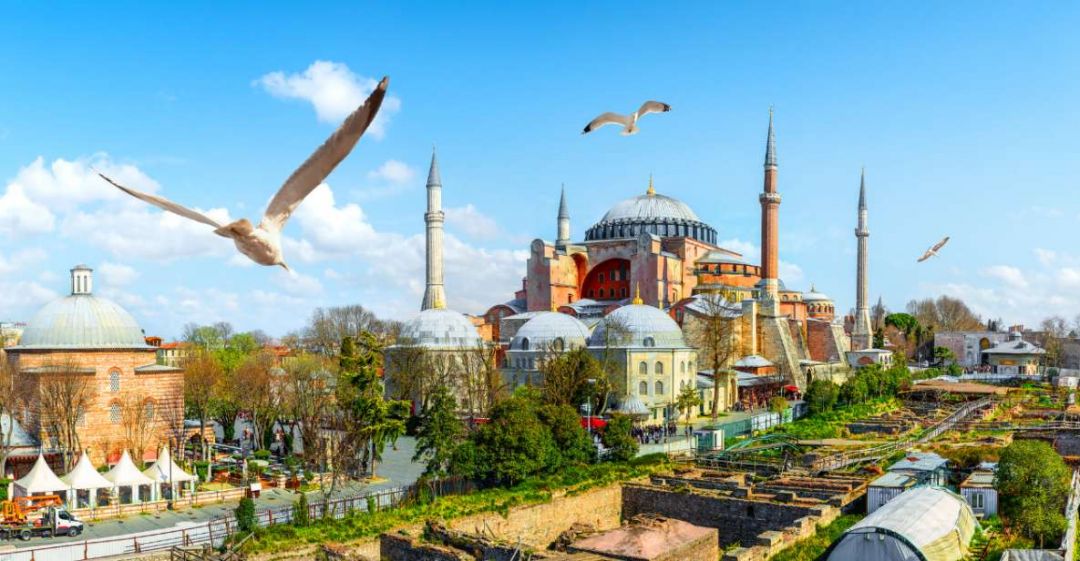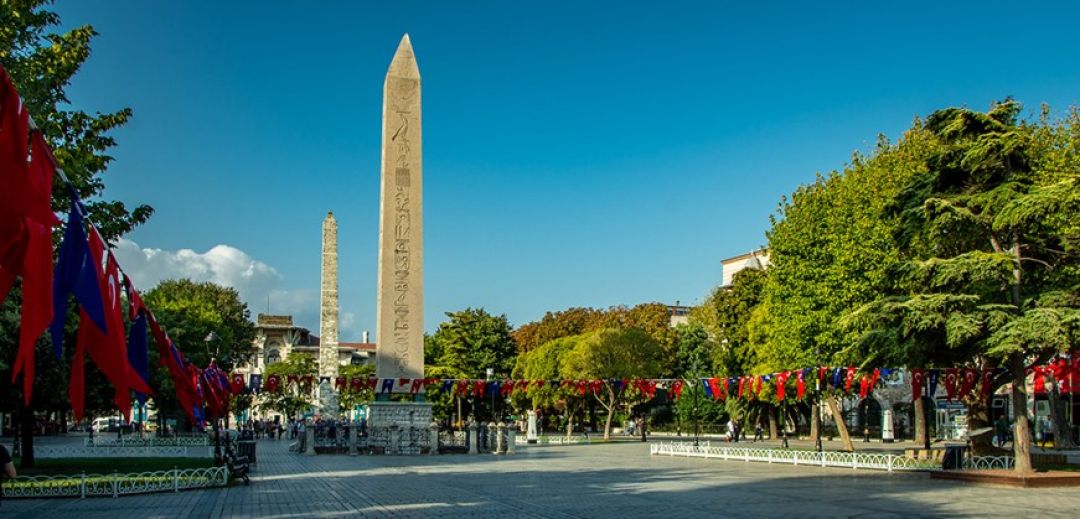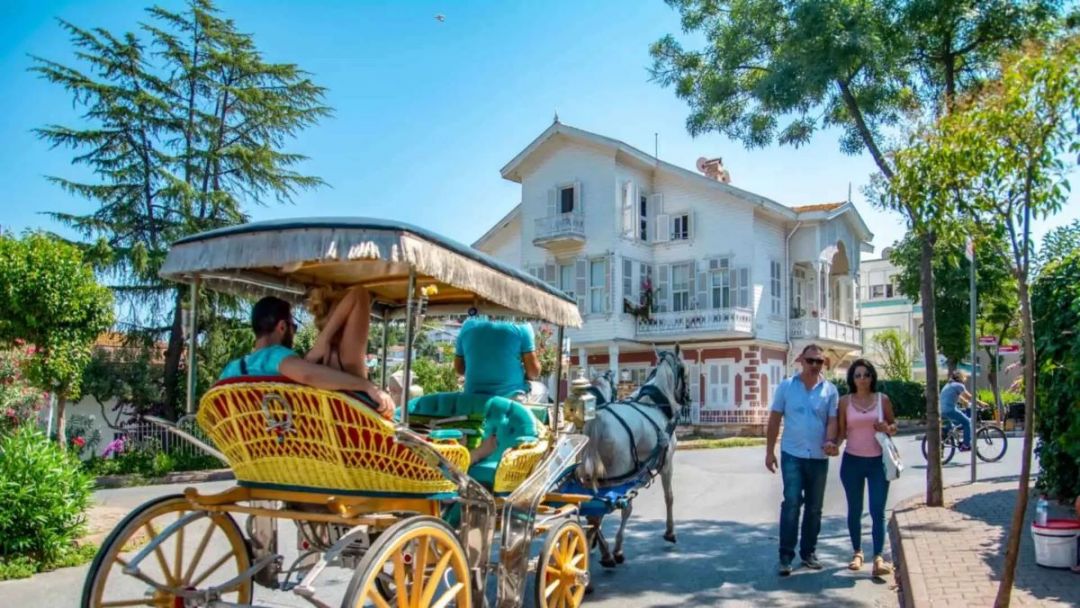Do I need a visa to travel to Turkey?
Most travelers require a visa to enter Turkey. Many nationalities can apply for an e-Visa online through the official [Turkey e-Visa portal]( https://www.evisa.gov.tr )
Check specific requirements for your nationality before traveling.
What is the currency used in Turkey?
The official currency is the Turkish Lira (TRY)
Credit cards are widely accepted, but it’s advisable to carry some cash for small shops or rural areas.
When is the best time to visit Turkey?
Spring (April to June) and Autumn (September to November) offer pleasant weather and fewer crowds.
Summer (July to August) is great for beach destinations but can be very hot.
Winter (December to March) is ideal for skiing in regions like Uludağ or for exploring Istanbul with fewer tourists.
What language is spoken in Turkey? Do people speak English?
The official language is Turkish.
English is widely spoken in tourist areas, hotels, and restaurants, but learning a few basic Turkish phrases is helpful.
What are the must-visit destinations in Turkey?
Istanbul: Hagia Sophia, Blue Mosque, Topkapi Palace, Grand Bazaar.
Cappadocia: Hot air balloon rides, unique rock formations, and cave hotels.
Pamukkale: White travertine terraces and thermal pools.
Ephesus: Ancient ruins and the Temple of Artemis.
Antalya: Beautiful beaches and ancient ruins.
Is Turkey safe for tourists?
Turkey is generally safe for tourists, especially in major cities and tourist areas.
Exercise caution in crowded places, be aware of pickpockets, and follow local travel advisories.
What kind of food can I expect in Turkey?
Turkish cuisine is diverse, featuring dishes like kebabs, mezes, baklava, and fresh seafood.
Don’t miss the traditional Turkish breakfast and Turkish tea/coffee.
What is the time zone in Turkey?
Turkey operates on Turkey Time (TRT), UTC+3, with no daylight saving time.
What is the transportation system like?
Domestic Flights: Efficient and affordable for long distances.
Buses: Modern and a popular mode of travel.
Trains: High-speed trains connect major cities like Istanbul, Ankara, and Konya.
Taxis and Ride Apps: Taxis are available, and apps like BiTaksi are widely used.
What are the tipping practices in Turkey?
Restaurants: 5-10% of the bill.
Hotels: Small tips for porters and housekeeping.
Taxis: Round up the fare.
What should I pack for my trip?
Comfortable walking shoes for exploring.
Modest clothing for visits to mosques.
Sunscreen and sunglasses for summer.
Layers for colder months.
Are there any cultural norms or etiquette to be aware of?
Dress modestly when visiting religious sites.
Always remove shoes before entering mosques.
Avoid public displays of affection in conservative areas.
Greet people with a polite "Merhaba" (hello).
Can I use my mobile phone in Turkey?
You can use your phone with international roaming or purchase a local SIM card. Major providers include Turkcell, Vodafone, and Türk Telekom.
What electrical plugs are used in Turkey?
Turkey uses Type C and Type F plugs, with a standard voltage of 220V and a frequency of 50Hz.
Is Turkey a good destination for family travel?
Yes, Turkey is family-friendly with attractions like theme parks, beaches, historical sites, and hot air balloon rides in Cappadocia.
What are the rules for visiting mosques in Turkey?
Modest clothing is required: women should cover their heads and shoulders, and men should avoid shorts.
Remove shoes before entering.
Avoid visiting during prayer times, especially Friday midday prayers.
Can I use my credit card everywhere in Turkey?
Credit cards are widely accepted in cities and tourist areas, but carry cash for small vendors, street markets, and rural areas.
What’s the dress code in Turkey?
Casual and comfortable clothing is fine in most places.
Conservative dress is recommended in smaller towns and religious sites.
Is there Uber or other ride-hailing services in Turkey?
Ride-hailing services like BiTaksi are available in major cities. Uber operates in some areas but is less common.



